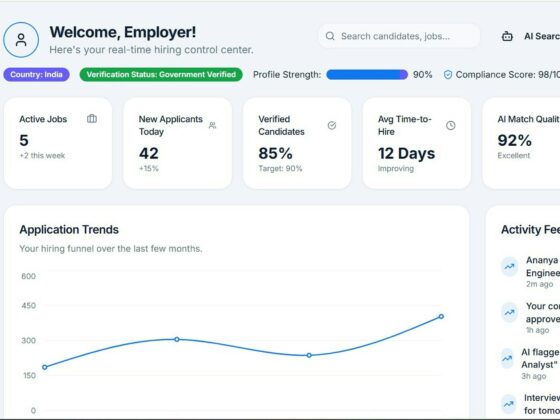
Consider a traveler who has visited a hotel multiple times, only to be asked on a recent stay if it was their first. It’s a disheartening experience, especially when that same traveler stops at a gas station and is both greeted by name and even offered a free coffee or donut.
It’s not that guests expect red carpet treatment or a complimentary upgraded stay at the hotel. It’s the simple expectation of being recognized at a hotel where they’ve stayed before.
When recognition is the cornerstone of loyalty, why is it that gas stations can get loyalty right, but hotels still seem to struggle?
Loyalty Without Recognition Isn’t Loyalty
Hotel brands talk a lot about loyalty, from enrollment campaigns to direct bookings to promotional perks, but they too often confuse loyalty for points. Loyalty extends far beyond points, perks, and plastic cards. It starts with guests feeling remembered and valued for their time and money invested in hotels. And unfortunately, many guests aren’t currently feeling the value.
- Programs feel generic. A recent Morning Consult report found that fewer than half of travelers feel their loyalty program makes them feel like valued customers.
- Perks don’t feel personal. Accenture found that 89 percent of consumers want to choose their own rewards, rather than receive generic perks.
- Recognition is missing. Guests may earn free nights or upgrades, but they’re still too often not recognized for their business.
- Corporate focus outweighs property reality. Loyalty is often driven at the brand-level, where sign-ups, direct bookings, and dashboards are the key measurements. But this top-down focus often leaves properties in the dark, with limited direction regarding how to translate corporate metrics into on-property experiences that leave guests feeling valued.
True loyalty is built at the ground level by the franchisees, the management companies, and the frontline staff, who actually deliver the guest experience. It’s greeting a guest by name at check-in, knowing dietary preferences when they sit down for dinner, or leaving an anniversary or birthday card in their room.
Hotel loyalty isn’t created by marketing campaigns. It’s created by those human touches that make a guest feel known and valued.
Why Do Gas Stations Know Loyalty Better?
It might feel absurd to compare a five-star hotel to a gas station: How can a gas station instantly recognize guests at the pump, but a hotel can’t recognize them after thousands of dollars spent across multiple stays? The reason: Data and simplicity.
Gas stations operate with a straightforward model: a purchase, a scan, and immediate recognition. Loyalty is automated at the point of sale. Discounts are automatically applied, preferences are remembered, and rewards are delivered in real-time. Their systems are simple, connected, and designed to make the customer feel acknowledged in the moment.
On the other hand, hotels are drowning in complexity. A single property can run 20 or more systems, ranging from property management and POS to loyalty databases and CRMs, but they all operate in silos. A guest’s dietary preference might live in the restaurant POS, while an anniversary note lives in a booking engine or a CRM from a past stay. When the data is so fragmented, the right team member doesn’t see it, which means the recognition never happens.
This disconnect undermines consistent recognition. Guests are plagued with a frustrating experience where they have to repeat the same information multiple times, while staff remain unable to access the very information that could enhance the guest’s experience.
Closing the Gap: Recognition Matters More Than Rewards
Hospitality should feel like coming home, but hotels can’t provide that level of service until the gap closes between the data they hold and the recognition guests expect.
So how can hotels finally bridge this divide? It comes down to empowerment at the property level. Brands must do more than just market loyalty; they must enable it.
That means:
- Integrated guest data platforms. Real-time dashboards that provide insights into past visits, preferences, and issues so staff can personalize on the spot.
- Training beyond transactions. Staff need the tools and protocols to effectively leverage guest data for meaningful interactions.
- Sharing best practices across properties. Properties should learn how to deliver recognition consistently from each other.
- AI as an enabler. Implement AI to unify data and highlight actionable insights, freeing staff to focus on human connection.
When data is connected and AI is used to provide real-time support, recognition becomes part of the culture, not just a lucky exception. Until then, loyalty will remain just a buzzword because, at the end of the day, guests want more than points; they want to be seen. And if a gas station can welcome a guest back by name, what’s stopping a hotel?







